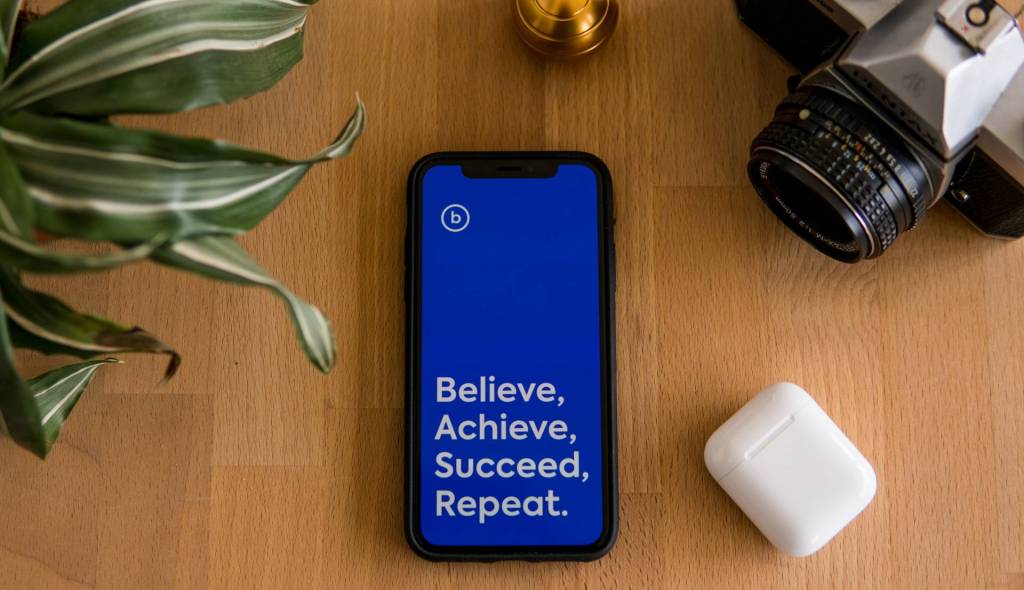We often write about how to keep our reputation clean to get the best opportunities or to be seen in the most positive and professional light.
What happens if the company you work for has a bad reputation? What if they’re known for their poor customer service, poor human resource practices or bad business? How do you protect your personal brand if you’re associated with that?
In last week’s SteamFeed TV episode, we talked about customer service, and small and larger businesses. Is it easier or harder for a small business to be more agile and responsive? As an individual with a company, are you empowered to take action or is there proper protocol that you are aware of and need to follow?
During #brandchat, we called out those brands that are doing it well and many that don’t empower those on the frontline to make a decision or take actions to serve customers. In fact, many launch into customer service on social without having any strategy or practices in place. Sadly, the person who is directly working with the customer wants to help but has no authority which again leaves the individual accountable for the actions (or in action) of the company.
Here are three things you can do to protect your personal brand
1. Research before you associate with a company
The best defense is a great offense. Manage your brand by doing research before you associate with, work with or partner with any company or organization. If you rush in out of excitement (or the necessity) of employment, you may not have adequate time to get to know the company. Ask questions. Refrain from getting wrapped up in the excitement of the new opportunity. From understanding the company culture, to getting to know the personalities of people you’ll report directly to or who lead the company, all of that research is beneficial and necessary for a solid foundation to your business relationship.
2. Trust your instincts
Read reviews and talk to past employees, customers and even vendors to give you more insight into the overall culture of the organization. [tweet this]
If you can be a customer of the company, then be a customer and find out more about how customers are really treated.
Speak to someone in that same position (even if they’re at another company) or who had that position. Ask them, what’s the biggest challenge of the position? This will help you know what questions to ask or research to know how the company you’re considering handles those challenges.
3. Follow through and make plans
If you’re already there, then follow through with what you say you’re going to do, document and get things in writing.
If it seems that the underlying culture of the company is genuinely negative or even sleazy, then do some research on other options. There are other opportunities to explore.
Also to help you manage your personal brand, we shared the following insights this week:
- Applying Newton’s “3rd Law of Motion” to the Workplace by Skip Weisman
- “Priceless” Leadership: An Interview with Kevin Allen by Bill Connolly
- What Successful People Know About Anger by Nance Rosen
- 4 Ways Social Media Can Blend Personal Brand and Job Search by Heather Huhman
- Reach Your Goal by Helping the Team by Elinor Stutz
- Do You Use Glassdoor for Your Job Search? by Ceren Cubukcu
- Focus is Everything by Katie Konrath
- Five Reasons Your Profession is Hurting Your Career by Richard Kirby
- Offer Your New Hires some PDA by Eddy Ricci
- Personal Brands: 3 Ways to Avoid the Drama by Maria Elena Duron
- 7 Steps to Spring Clean your LinkedIn Profile by Jeff Shuey
- Four Simple Tactics for Social Media Success by Crystal Washington
- 4 Ways Your Ego is Getting in the Way of Your Job Search by Glassdoor.com
- How Solopreneurs can Look Professional on a Tight Budget by Leslie Truex
- Seven Tips for Getting Good at Spotting Trends by Beth Kuhel
- 5 Ways to Get More Respect at Work by Ken Sundheim
- You’re Hired! Now What? – Targeted Job Search by Marc Miller












